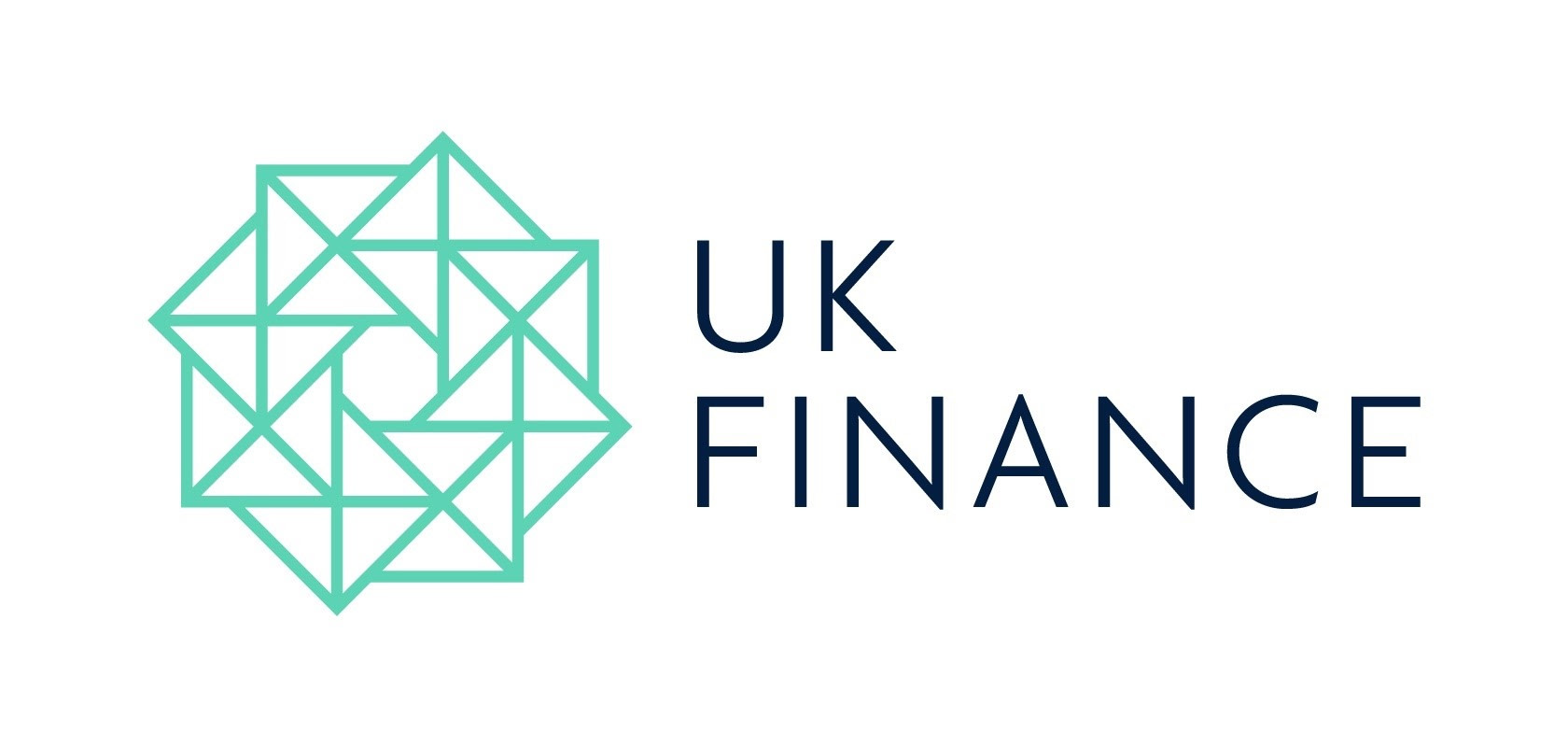Google Launches Bank Account Verification Service in...
- 09.10.2025 08:35 am
Atom Arrives in Newcastle, Bringing 600 Jobs and...
- 08.10.2025 01:20 pm
70% of UK Finance Professionals See AI Driving the...
- 08.10.2025 10:05 am
Big Issue Partners with fumopay to Roll Out New Way...
- 07.10.2025 03:05 pm
Bud Financial Launches MCP Server to Accelerate AI...
- 06.10.2025 03:45 pm
Evertec Announces Closing Of Controlling Stake In...
- 02.10.2025 01:35 pm
Hanscom Federal Credit Union And Alkami Forge...
- 02.10.2025 10:55 am
VERMEG Introduces A New Standard In Collateral...
- 02.10.2025 08:55 am
Interpolitan Money Secures DFSA Category 3C And 4C...
- 01.10.2025 03:25 pm
Nubank Applies For U.S. National Bank Charter
- 01.10.2025 09:05 am
Financial Institution Türk Ekonomi Bankası To Deploy...
- 30.09.2025 12:35 pm
Coconut Launches Industry First Partnership With...
- 29.09.2025 01:35 pm






















